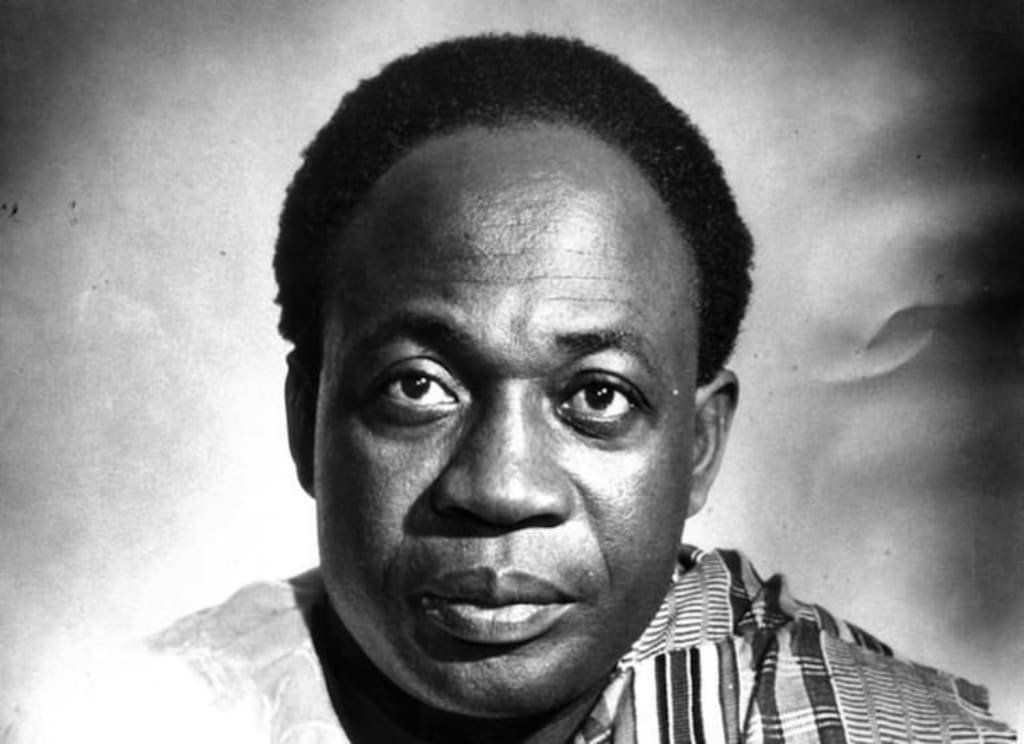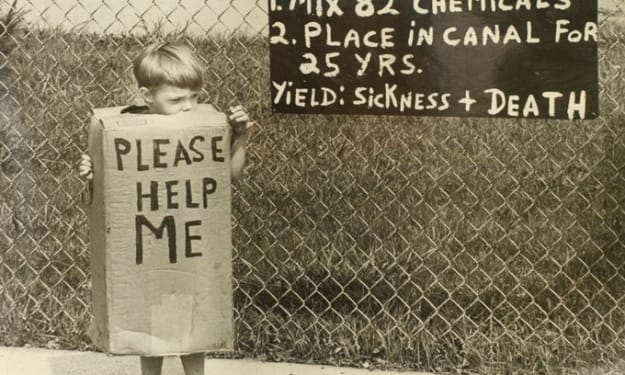The Father of Ghana's Independence
The Father of Ghana's Independence

Dr. Kwame Nkrumah: The Father of Ghana's Independence
Dr. Kwame Nkrumah is a towering figure in the history of Ghana and the broader Pan-African movement. Born on September 21, 1909, in Nkroful, Gold Coast (now Ghana), he would go on to become a prominent leader, visionary, and statesman in the quest for African independence and unity. His journey is a remarkable saga of determination, courage, and political acumen that reshaped the destiny of not only Ghana but also the entire African continent.
Early Life and Education: Kwame Nkrumah's upbringing was modest, but his thirst for knowledge was insatiable. After attending a Catholic primary school, he continued his education at Achimota School, one of the leading educational institutions in West Africa. Nkrumah excelled academically and developed a keen interest in politics and African nationalism during his formative years.
Studies Abroad: Nkrumah's pursuit of higher education took him to the United States in 1935. He enrolled at Lincoln University in Pennsylvania, where he studied theology, philosophy, and sociology. It was in the U.S. that he was exposed to the civil rights movement and the ideas of Marcus Garvey and W.E.B. Du Bois, which profoundly influenced his own political ideology.
The Birth of a Vision: In the 1940s, Nkrumah's vision of a united and independent Africa began to crystallize. He believed that African nations must unite to overcome colonialism and oppression. Nkrumah actively engaged with the African diaspora and joined the Pan-African Congresses, where he met like-minded leaders and intellectuals who shared his dream of a liberated Africa.
Return to Ghana: Nkrumah returned to the Gold Coast in 1947 with a burning determination to lead his people to independence. He became a prominent voice in the struggle against British colonial rule and played a pivotal role in organizing strikes and protests. His charismatic leadership and passionate speeches galvanized the masses.
Formation of the Convention People's Party (CPP): In 1949, Nkrumah founded the Convention People's Party (CPP), which quickly gained popularity and became a driving force in the push for independence. The CPP adopted a nonviolent but relentless approach to resistance, utilizing strikes, boycotts, and protests to demand self-governance.
Path to Independence: The road to independence was not without obstacles. Nkrumah and other leaders faced arrests and repression from the colonial authorities. However, their perseverance paid off. In 1951, the Gold Coast achieved self-government, and Nkrumah was appointed Prime Minister.
Independence and Nation-Building: On March 6, 1957, the Gold Coast became the independent nation of Ghana, with Nkrumah as its first Prime Minister and later as President. His leadership was marked by ambitious nation-building initiatives, including infrastructure development, educational reforms, and healthcare improvements. He aimed to modernize Ghana and improve the lives of its citizens.
Pan-Africanism: Nkrumah was not content with Ghana's independence alone. He continued to champion the cause of Pan-Africanism, advocating for the unity of African nations. In 1963, he hosted the first Conference of Independent African States in Accra, which led to the formation of the Organization of African Unity (OAU), a precursor to the African Union (AU).
Challenges and Controversies: While Nkrumah's vision and achievements were celebrated, his leadership also faced criticism and challenges. Economic difficulties, political dissent, and a one-party state system led to growing discontent. In 1966, while Nkrumah was on a foreign trip, a military coup removed him from power.
Exile and Legacy: After being ousted from Ghana, Nkrumah lived in exile in several African and non-African countries, continuing to advocate for Pan-Africanism and social justice. He passed away on April 27, 1972, in Bucharest, Romania.
Kwame Nkrumah's legacy endures as the father of Ghana's independence and a champion of African unity. His vision and contributions continue to inspire generations of Africans and leaders worldwide, reminding us of the power of determination and the pursuit of justice in the face of adversity





Comments
There are no comments for this story
Be the first to respond and start the conversation.